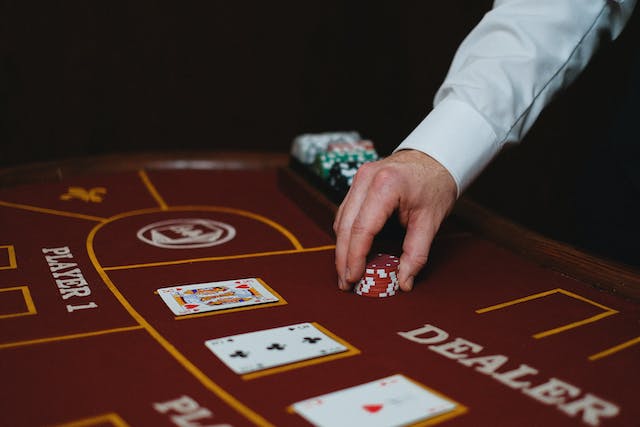There are two basic principles for choosing the team you support. This is either a brand from your hometown, whose matches you have been going to since childhood, or a super-successful team that you want to root for due to its constant participation in the fight for solid trophies. The second option is not necessarily for glory hunters: hardly anyone will argue that top European clubs play beautifully and interestingly. You can place a bet on them at https://mosbetgiris.com/.
Cercle Brugge is currently the seventh team in the Belgian Jupiler League, and the Belgian Championship itself is only the eighth on the continent. Many fans may not know such a club, but in vain, because at the moment it is the best in Europe.
Undermining a build-up is not just statistics
The well-known statistical resource xvalue recommended paying attention to Cercle. According to him, the modest club from Bruges puts pressure on its opponents much more desperately than any other team from the top 9 European leagues. The “green-black” players act so aggressively without the ball that their opponents in head-to-head matches make mistakes in passing accuracy 17.8% more often than on average against other opponents!
In second place in Europe is Galatasaray, whose build-up is 12.1% successful. Among the famous teams, PSG is the best at pressing – 9.7% reduction in pass accuracy for opponents. In Belgium, Cercle has no worthy rivals – in Ghent this figure is 3.1%, and in the rest it is even lower.
You can make allowances for the level of performing skills, because the Belgian championship is significantly weaker than the top 5. However, this does not change the obvious fact: aggressive teams are always interesting to watch, especially since the Jupiler League is not the last tournament.
In most pressing and counter-pressing metrics, Cercle is absolutely the best in his league. The team leads in indicators such as tackles, interceptions, ball recoveries and earned fouls. Competitors criticize the “green-blacks” for the alleged lack of football – they say, only martial arts and throws forward in the hope that it will accidentally fly into the air. But fans, as a rule, like fighting teams.
Trumps other than pressing
Statistics don’t play a role in football – you have to watch the matches to understand whether you like the team’s performance. Cercle is a team with the maximum focus on attack: they do not take the ball away for the sake of bare possession, but immediately send it forward to the opponent’s goal. Some might call their style street style, but you don’t want to sleep while listening to the “green-black” matches, as if you were listening to a lulling tiki-taka.
Longballs are an important element of Cercle’s game: the team tries not to play free kicks, even from their own half of the field the guys try to shoot the ball closer to the other team’s goal. At the same time, the players do not trample all over the field: knowing where the game projectile will fly, they go forward, leaving the goalkeeper to serve.
Cercle’s pressing cannot be called ideal, but the team seems to be strong and does not stop pressing even at the end of the match and when the score is favorable for itself. In the games of the club from Bruges, there is no such thing that the end of the game becomes uninteresting due to the fatigue of the players – on the contrary, the “green-blacks” will rush until the end. The desire to press higher, naturally, often leads to quick attacks by the enemy, but then the physically prepared team runs together to defend with the whole squad.
Where is the result?
Many readers will ask a reasonable question: if Cercle is so successful in terms of statistics and pleases fans with a beautiful game, why is he only seventh and not first? The answer is simple: this is a very small club, for which the current interim results are a success. The “green-blacks” have neither a star cast nor big money, and their claim to European competition is purely the fruit of their chosen tactics.
After World War II, Cercle never won any medals in the Belgian top division, and his best achievement was fourth place in the 07/08 season. Just a week ago he was sixth in the table, and this is a clear sign of progress compared to previous years: the final tenth position in the 21/22 championship, and eighth in the last edition.
Cercle’s current tactics are not a random find, but the result of systematic work over many years. The athletic game was first built by Dominik Thalhammer, and now his work lives on thanks to Miron Muslich. The coach pushes his players until they drop, which is probably why there are no old people in it – the average age is 22.6 years.
After the main part of the championship, played in two rounds, the teams of the Jupiler League will be divided into three groups – the champion group, a pool of middle peasants (but with a ticket to the Conference League for the winner) and fighters for survival. Cercle has 13 rounds to gain a foothold in the top 6 – this will allow them to compete, if not for the championship, then for access to the European Cup. But the “green-blacks” show themselves best in the fight, so it definitely won’t be boring to watch them.







